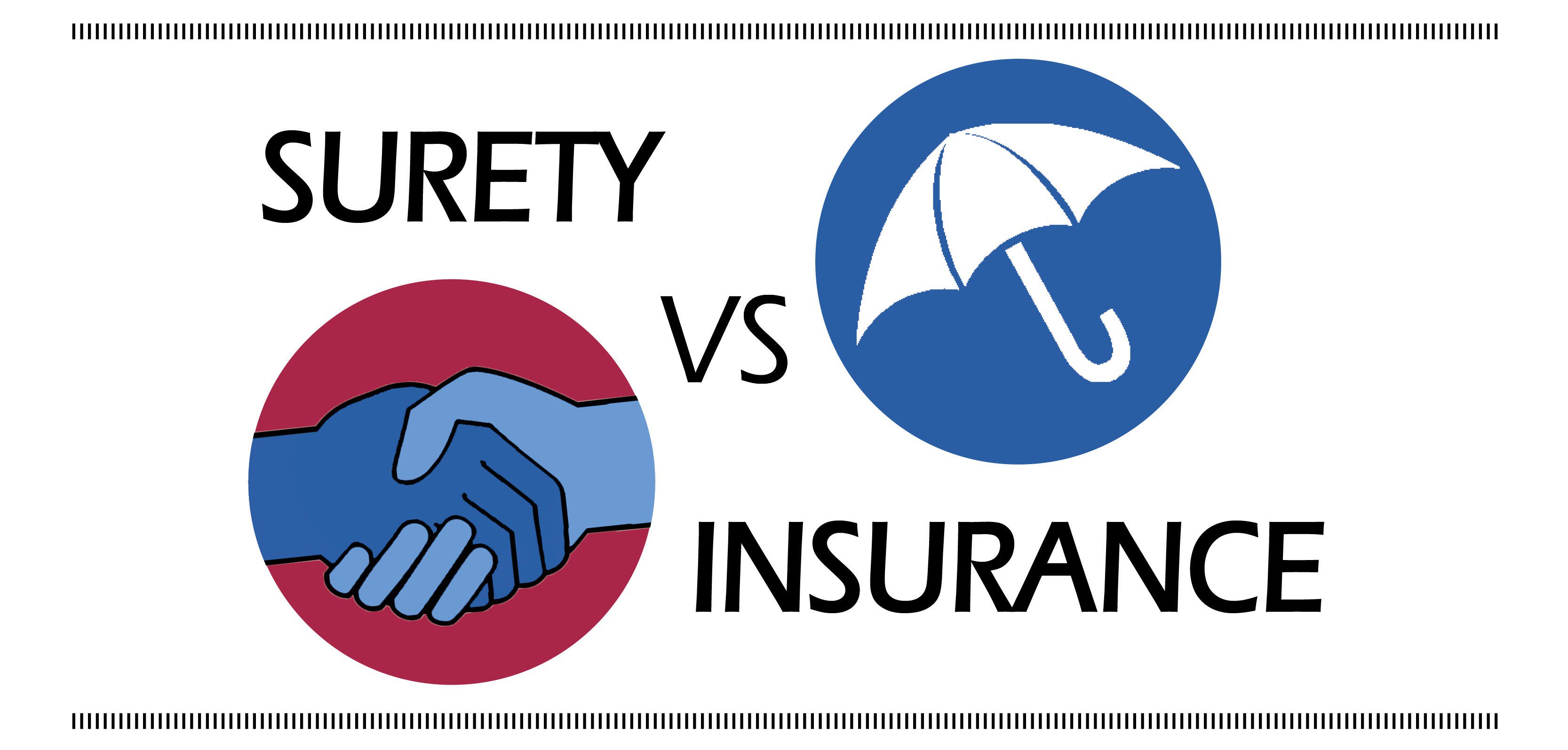An insurance policy is a financial instrument that aims to offset the consequences of risk. For example, an individual or organization can reduce the risk of loss in exchange for regular premium payments and coverage limits by purchasing insurance. On the other hand, a surety bond insurance is a financial obligation requiring payment if specific conditions are met. A surety bond guarantees that it will be honored if someone fails to meet those obligations.
Various are the significant differences:
The Party That Pays for The Insurance Vs. For The Surety Bond
When it comes to parties paying for the surety bond, there are two types: the insured person and the person who has taken out a surety bond. It is also called a “third party.” insurance, on the other hand, is the party doing the insuring, such as the company. Surety bonds and insurance, however, can be the same party. Other examples of third parties would be a bank that is making payable on a loan or a government agency that has accepted responsibility for a judgment in exchange for being allowed to foreclose on that property.
Property Coverage
A surety bond will usually cover the value of materials stolen and company assets that are stolen during an event caused by a third party. It can include computers, desks, tables and file cabinets, but it doesn’t include items such as inventory or furniture in the store. When purchasing a surety bond, the contract may specifically describe what is insured. on the contrary, Insurance policies will cover a wide variety of items, depending on the type of insurance policy purchased.
For example, theft coverage will cover the value of materials stolen from your company during an event caused by a third party. However, it won’t cover materials stolen from your company due to employee theft or fraud.

The Regulations and Time Durations Involved
A surety bond is typically paid out in one lump sum, while an insurance premium is spread over an agreed-upon period. The bond is paid out as a single payment which must be paid to the surety or sureties. If a person or business fails to pay their insurance premiums, they are not subject to penalties and fees as they are with bond companies but will still receive the coverage they have purchased.
Insurance agencies operate under strict regulations, including minimum required cost levels to insure based on the type of coverage and region and rules that dictate when the payments are due.
The Surety Bond Vs. An Insurance Contract
Anyone between 18 and 65 can take out a surety bond with no credit requirement, while in insurance, most people must meet specific credit requirements to purchase life or health insurance policies. Moreover, unlike an insurance contract, a surety bond will not reflect the health or driving history of the primary contract holder on the face of that document. Surety bond operates instead of insurance for most contracts. However, insurance is usually required for commercial contracts, where the party being insured holds a stake or interest in the subject property.
Sole Liability or Joint and Several Liabilities
A surety bond is for one person and can cover a company’s actions, whereas insurance covers several people and covers the company’s actions. In addition, a joint and several bonds are also for several people and can be used to cover a branch’s actions, whereas insurance is for several companies. However, insurance can cover a branch’s actions under the right conditions and if the branch isn’t an affiliate of the parent company.
The Amount of Premium and Expiration Date
The premium on a surety bond will fluctuate, but an insurance premium will not fluctuate and it must be paid in full before the coverage starts. So – the surety bond coverage will remain constant, but an insurance policy will stay fixed for the specified period.
A surety bond expires with time even if it has not been used unless you opt for adding a long period to remain valid. On the other hand, an insurance policy can be renewed anytime you want; however, it may cost more to renew it just after expiration.
Knowing the difference between surety bonds and insurance policies can be helpful when it comes to determining where to purchase coverage. Surety bonds are top-rated among business owners because they’re often easier to obtain than insurance policies. For example, it might benefit small businesses as you could save money on coverage by not having to pay for more extensive coverage.




